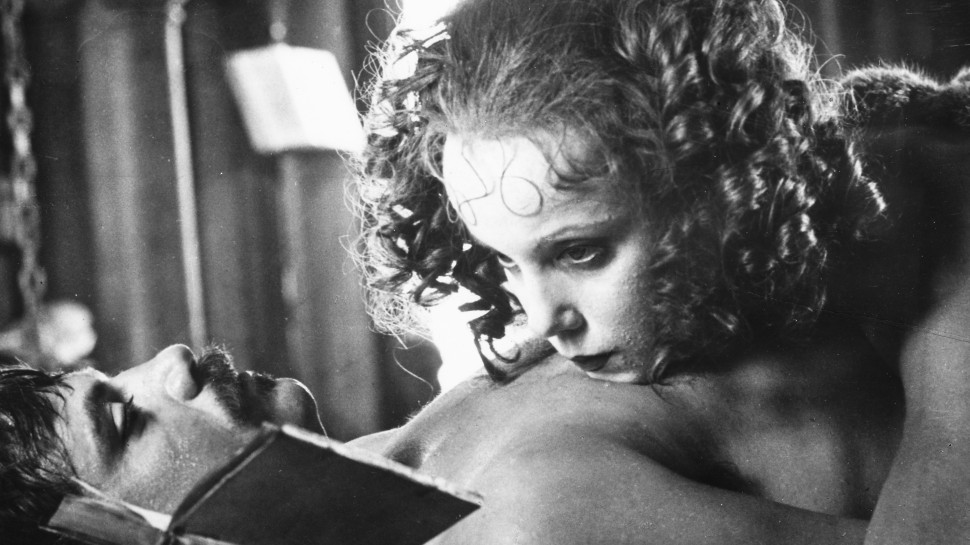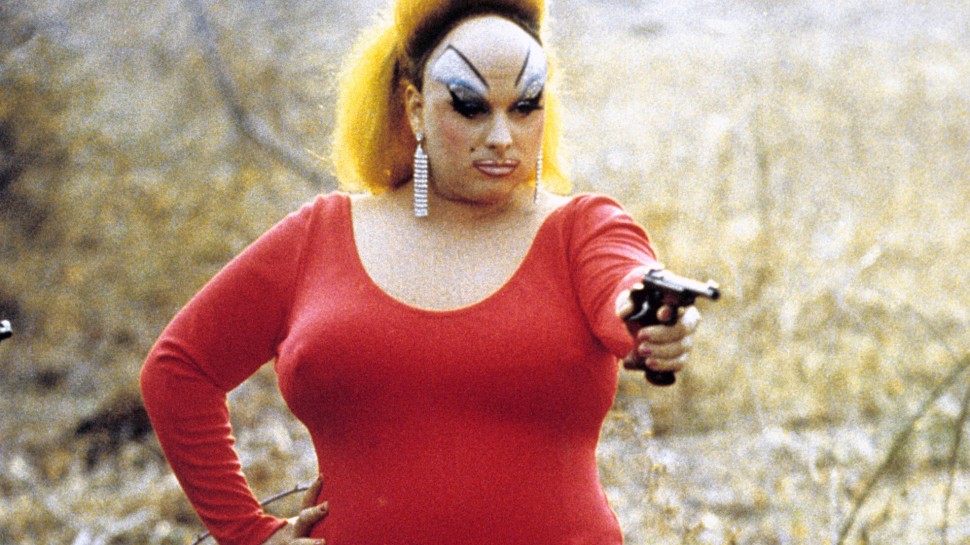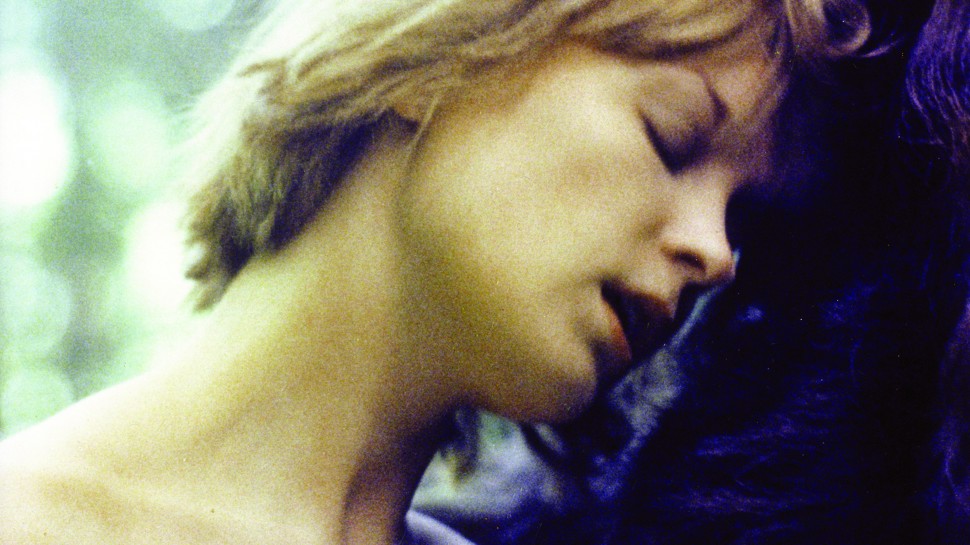


Le Film Maudit
The term film maudit – literally, “cursed film”– was coined for the legendary 1949 Festival du Film Maudit in Biarritz for which a jury lead by Jean Cocteau curated and celebrated a group of films criminally overlooked and neglected at the time – a lineup that included such now-canonical pictures as L’Atalante (1934), The Long Voyage Home (1940) and Les Dames du Bois de Bologne (1945). A polemical landmark in the history of postwar French film culture, Cocteau’s festival also designated as films maudit a number of deliberately shocking, outré and bold films, such as Fireworks (1947) and The Shanghai Gesture (1941).
Today film maudit is typically used to designate this latter category of edgy, troubling films and especially the mode of counter-cinema that flourished during the mid-1960s through the late 1970s. Inspired by the period’s intense socio-political turbulence and general loosening of censorship restrictions, a number of international auteurs took advantage of their newfound freedom to engage previously taboo subjects and push the loose genre of the “art film” to an adventuresome extreme. This series celebrates the golden age of the film maudit by gathering auteurist highpoints from the Sixties and Seventies whose shattering of political and sexual mores has not lost any of its power to surprise and even scandalize.
















